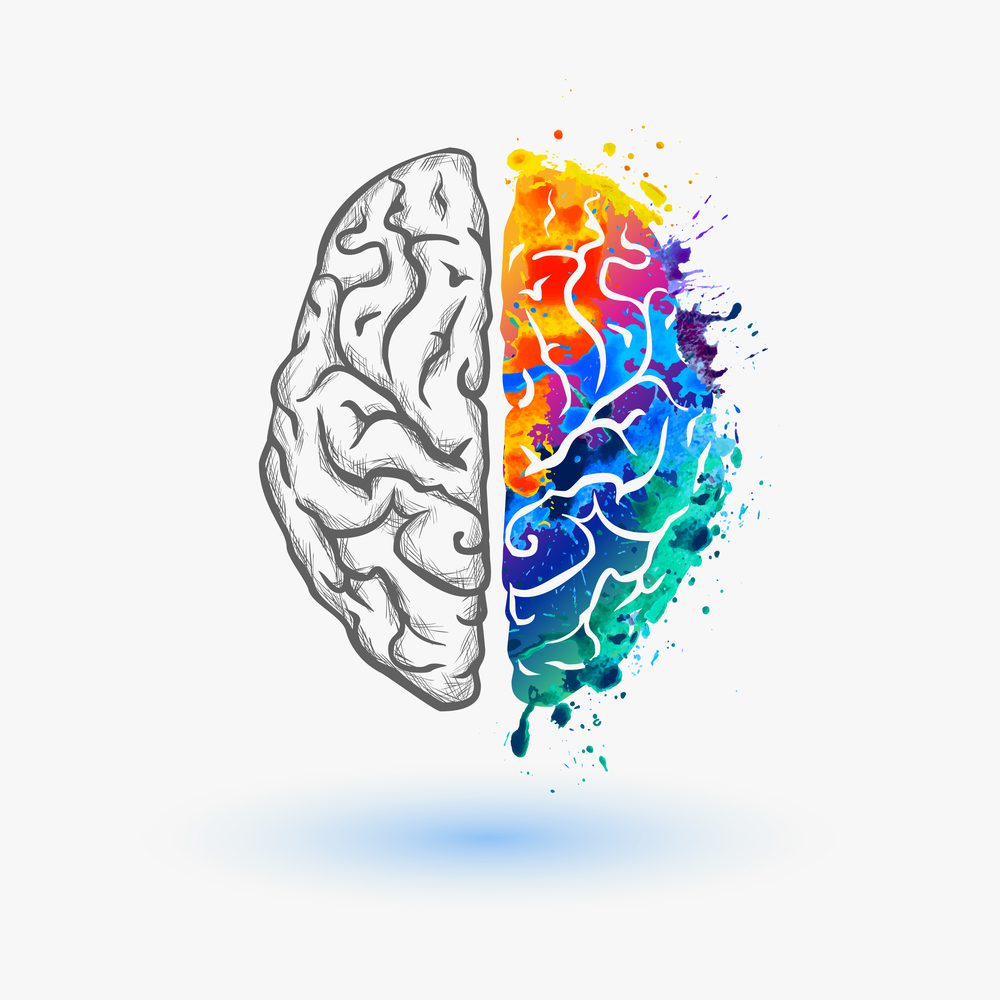Medulla Oblongata
Author:
Rabbi Schusterman
Date:
January 13, 2021
Tags:
Challenges, Change, Loving-Kindness, Moses
That’s not a typo. I can’t remember where we picked it up but my brothers and I have this thing we ask each other when someone is acting out “what’s got your medulla oblongata?”.
The medulla oblongata is located in the brain stem, anterior to (in front of) the cerebellum. This is a cone-shaped, neuronal (nerve cell) mass in the hindbrain, which controls a number of autonomic (involuntary) functions. https://www.healthline.com/human-body-maps/medulla-oblongata#1
You may be asking; “Rabbi, how in the world is this connected to the Torah portion”? I’ll put you out of your misery.
Just as there are autonomic functions, ie. unconscious or involuntary functions of the body, there are also invisible forces at work everytime we act out. Acting out can range from impatience, anger, and drug use to positive behaviors including kindness, love and smiling.
Each of us are made up of so many layers (psychological, physiological, emotional, etc.) that it is almost impossible to peel away all the layers to operate from our truest self. Add in some life experiences (upbringing) and the occasional trauma and it becomes a herculean feat to operate authentically.
The conclusion of this analysis is that one doesn’t have to be mentally impaired or have a true mental illness for us to say that they are operating from some other dimension other than truest self. Every human being is wired for inauthentic expression.
Our life’s journey is to peel away layers in a lifelong pursuit of connecting with our truest self.
One of the challenges we face is looking at others and ourselves for who we are in the core and not in our medulla. In other words, essentially we are part of G-d. As such, in our core we are always pure. When we act out we are acting inconsistent with that core.
If we are conscious of this we are able to see this in others and always see them in a positive light and in their potential without judgement. If we are conscious of this within ourselves we are then much more empowered to see this in others.
Finally, when we have someone who constantly reinforces this belief about us and in us (eg. a parent or a teacher who tells us, you are powerful, you can do more, don’t look at yesterday’s behavior, don’t look at where you have failed) we are able to rise above our external limitations and live fully and authentically.
Moses was chosen as the leader of the Jewish People because he demonstrated this as a shepherd. The Midrash tells us that Moshe was tending to his FIL’s sheep. He saw a small sheep run away from the flock. He went after it and said “I didn’t realize you were thirsty, I didn’t realize you were tired”.
What made this pursuit of a lone sheep such a profound act is not that he went after the sheep. That was his job and any sheperd worth their salt would have done the same. It was that Moses didn’t discount or discard the sheep on account of its’ rebelliousness to the flock. He didn’t say you are a bad, rebellious, troubled sheep and that’s why you acted out.
He recognized that the sheep was tired, that the sheep was thirsty and that it was not being authentic to its truest self on account of external forces.
Of course the sheep is just a metaphor for the role of Moses with the humans he was to tend to. How easy is it for us to judge our children and ourselves. To discount others because of their behavior. To judge peoples core for external acts.
Moses teaches us to see beneath that layer and identify the core to nurture it to greater growth.
This Shabbos blesses the tenth of Shvat, the anniversary of the acceptance of the leadership of Chabad by the Rebbe in 1951. The Rebbe demonstrated this leadership in his interactions with all who encountered him. The Rebbe reminded us constantly of who we really are in our core and to not allow ourselves to be defined or to define ourselves by our externalities.
The difficult and challenging times we live in remind us that we cannot rely on others to change our world but we must do it ourselves. We must be the leaders of the future. And because each of us in our core is a part of G-d, we have the infinite ability to do so. We just need to value our core selves and we are empowered to change the world.


Enjoying what
you've read?
Here's more.


Sukkos Joy
Rabbi Schusterman
We prayed we fasted let’s party! Sukkot joy is quite profound. Yes it surely has the human...













